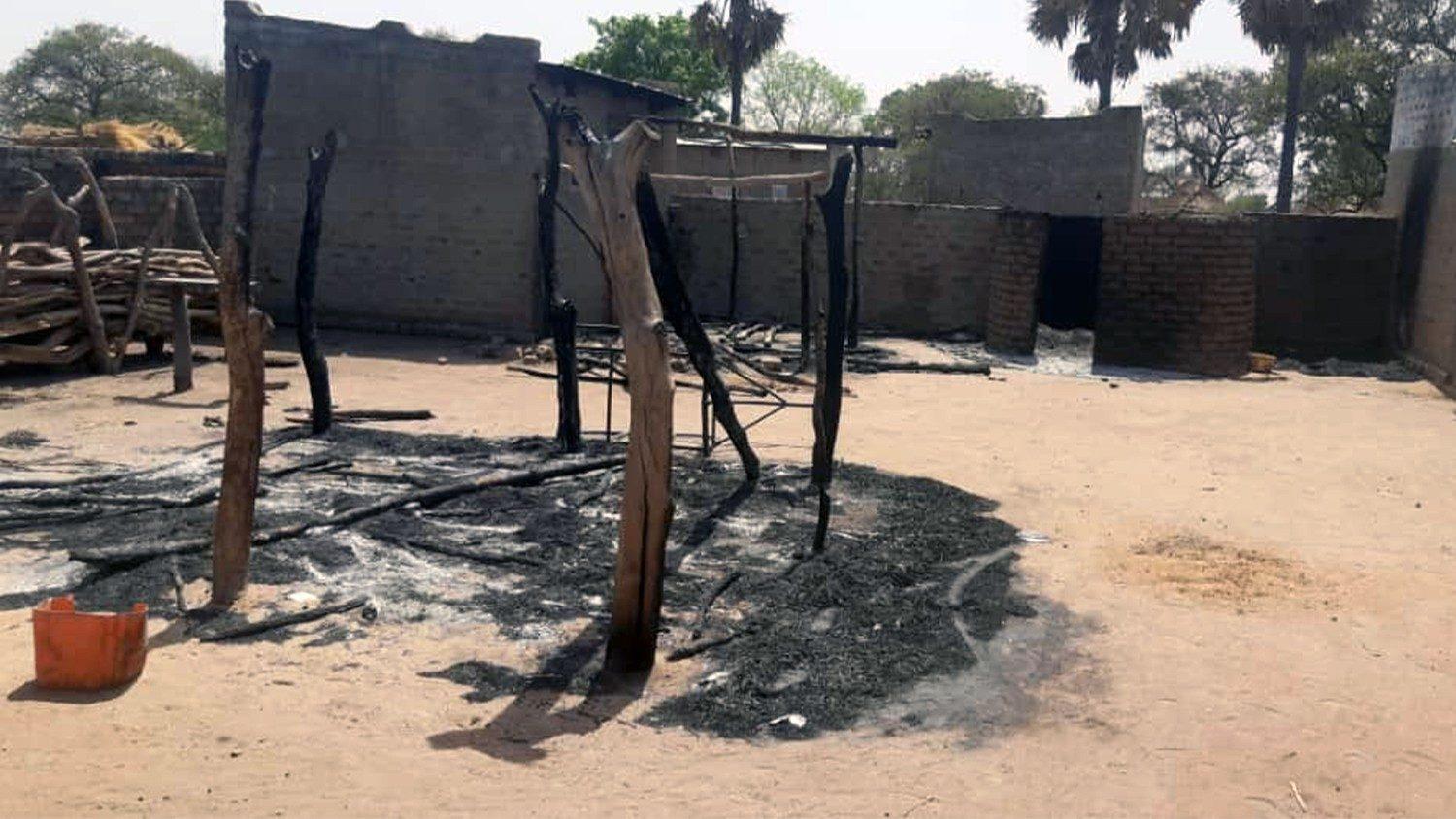YAOUNDÉ, Cameroon – Christian leaders in Chad are warning that the country’s public institutions are increasingly being monopolized by Islam, part of what they see as a pattern of growing pressures on Christianity in the central African nation.
Chad is a religiously diverse nation of 19 million, with roughly 55 percent of the population being Muslim and 40-45 percent Christian. Nevertheless, the Union of Christian Executives of Chad recently complained that more and more, this diversity isn’t reflected in the country’s public life.
Instead, the lay leaders warned of “the growing imprint of a single religious denomination in the institutions of the Republic.”
In an open letter to Chadian President Mahamat Idriss Déby Itno, the Christian executives noted that mosques are now being constructed in public institutions, the government is getting more and more involved in the organization of the annual Muslim pilgrimage known as the Hajj, and official speeches are now limited to Muslim religious feasts.
The letter was co-signed by the Network of African Former YMCA Members, the Christian Student Youth Movement, the Union of Catholic Women, as well as various Catholic parish and diocesan movements.
According to the signatories, the growing predominance of Islam in public life undermines Article 1 of Chad’s constitution, which enshrines secularism as a fundamental principle upon which the state stands.
The letter also highlights decades of attacks on Catholic Church leaders and Church symbols, which, signatories said, often occur “amid the indifference of the authorities.”
Among the incidents they cite was a 2021 assault by security forces on Blessed Isidore Bakanja Parish in N’Djamena, Chad’s capital city in 2021, during which the premises were defaced and the parish priest, Father Simon-Pierre Madou, was verbally harassed as he tried to film the incident. Archbishop Goethe Edmond Djitangar of N’Djamena denounced the incident at the time as a violation of the constitution, and he has repeatedly complained that no one has been arrested or prosecuted for the violence.
In less spectacular fashion, observers report that the desecration of parishes threats against bishops and priests and even the killing of Christians are sadly frequent occurrences.
The Christian executives said they regret the “gradual erasure of Christians from the public sphere,” complaining that Christians are rarely appointed to any positions of authority. They hardly benefit from the allocation of scholarships and public contracts, and they suffer discrimination in trade and access to land.
The Church executives also blasted the government’s management of inter-communal conflicts, noting that while the authorities act swiftly when such conflicts involve Muslim communities, mostly in the north, the same cannot be said of conflicts involving Christian communities in the south.
Signatories to the letter also objected to a draft government plan for regulating agricultural activity in the country, called a “pastoral code,” which they described as a threat both to national unity and to Christianity specifically.
The executives described the legislation as a “dangerous plan,” arguing that it reflects authorities’ “manifest and persistent determination to promote initiatives that foster division among citizens, instead of fulfilling their fundamental mission of ensuring security, cohesion, and the well-being of the population.”
The code envisions rigid pastoral zoning for various agricultural activities, but Catholic authorities have said the plan “institutionalizes the geographical and identity separation between farmers and herders, seriously threatening peaceful coexistence in our provinces.”
The country’s bishops have described the draft legislation as “peasanticide”, insisting that it would harm farmers, mostly Christians, who form the backbone of the Chadian economy. Indeed, more than 80 percent of the country’s population depends on agriculture for their livelihood.
The Christian executives agreed, calling on the government, “if it is sincerely committed to peace and justice, to demonstrate this by abandoning this dangerous plan for the Republic.”
In the background to these recent tensions is a growing sense that Christians and Christianity are under attack in Chad. It’s a reality already documented by various watchdog groups and human rights observers.
Chad’s proximity to countries struggling with radical jihadist groups is one factor. The growth of terrorist group Boko Haram in neighboring nations and its stated goal of annihilating Christianity across the Sahel in favor of an Islamic caliphate means Christians in Chad have to deal with the challenge of attacks from the terrorist organization.
According to Open Doors, converts to Christianity from Islam in Chad are particularly vulnerable to persecution, particularly in areas where extremist Muslim religious leaders are active. It reports further that Christians living in areas where attacks from Boko Haram are prevalent are most at risk of violence.
The Christian persecution watchdog reports that on May12, 2023, a pastor and at least 12 Christians were brutally murdered following attacks on a largely Christian village by Muslim herders.
More than 50 villagers were killed when terrorists attacked seven villages in the Leo Chiefdom in August 2022. The attackers also burnt down hundreds of homes, many of them grain stores as well as five church buildings.
The Christian executives in their open letter made nine recommendations that could bring some respite.
These include an audit of religious representation in the administration; strict religious neutrality of the state; the creation of an independent national commission for the respect of secularism; a guarantee of the security of places of worship; and a program of reconciliation and coexistence.
They insisted on the need to restore trust between citizens and institutions.
“History will remember whether the President was a man of reconciliation or a man of silence,” they said. “May our country remain a common space for all, without religious favoritism.”













